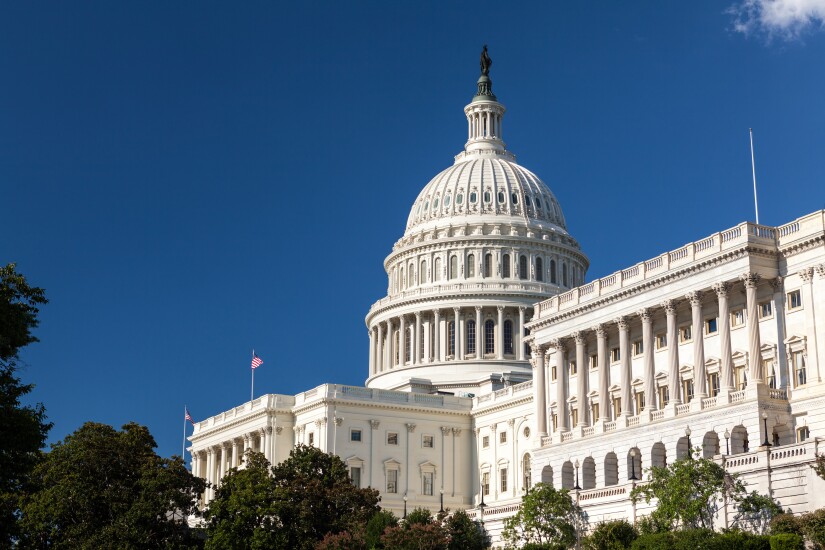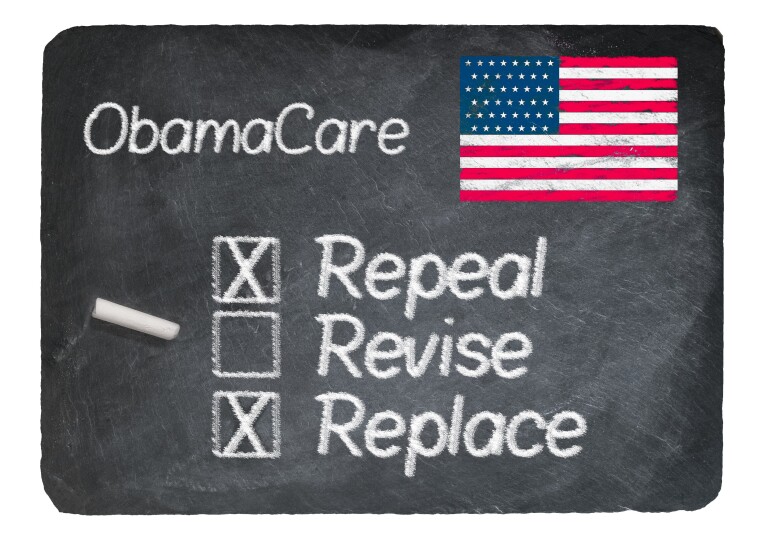
What (else) banks want from Washington

Reform the CFPB

Bring back deposit advance loans
The product — known to critics as a bank payday loan –is a high-cost, short-term form of consumer credit. Prior to its demise, it was only offered by a handful of banks, including Wells Fargo, Fifth Third Bancorp, Regions Financial and U.S. Bancorp. The deposit advance disappeared after the Federal Deposit Insurance Corp. and the Office of the Comptroller of the Currency issued 2013 guidance that effectively banned it.
But following the recent change in administrations, the CBA is

Scale back the government's role in student lending
Such cuts would result in a bigger market for private student lenders including SLM Corp., Wells Fargo, PNC Financial Services Group, Citizens Financial Group and Discover Financial Services. At an industry conference Tuesday, Discover Chief Financial Officer Mark Graf expressed optimism about the policy landscape with respect to student loans. "I think we as a team are hopeful that as time progresses here, the federal government will, for lack of a better term, cede more of that opportunity back into the private space," he said.

Repeal the price cap on swipe fees

Repeal the CFPB's prepaid card rules
The latter requirements would have a big impact on Total System Services, which issues prepaid cards through its NetSpend division. The Columbus, Ga.-based firm estimated last fall that it would

Repeal and replace Obamacare
Repealing the law could also be a boon to banks that offer health savings accounts. It's widely believed that the replacement offered by the Trump administration would result in higher out-of-pocket costs for insured Americans, and that could mean many millions more people enrolling in health savings accounts offered through Webster Bank, UMB Bank and others in the HSA business. "While no action has been taken, it's possible that eligibility for HSAs could expand by multiples of previous expectations … and contribution limits could potentially double," Webster Chairman and CEO James Smith said last month.

Prevent consumer-style protections for small-business borrowers
The idea did not catch on immediately, but it figured to remain on Treasury's agenda if Hillary Clinton won the presidential election. Following Trump's victory, online small-business lenders now see an opportunity to stave off new regulation.
"Small-business loans differ from consumer loans, so regulations should treat them differently," a trade group called the Coalition for Responsible Business Finance, whose members include Fundation and a unit of Enova International, wrote in a Feb. 8 letter to Trump.





